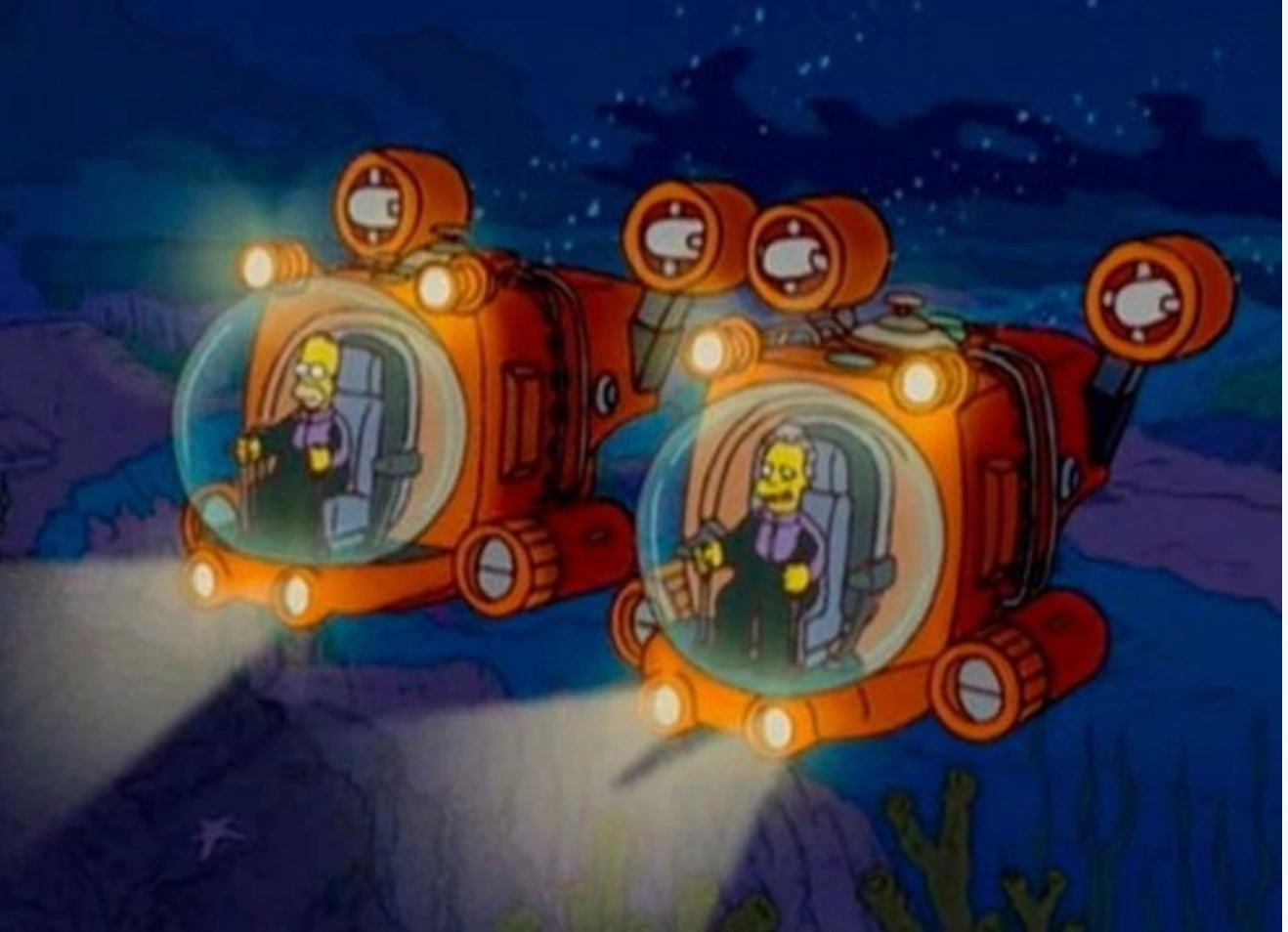Across the globe, the story of the lost Titanic submersible and the race against time to rescue it has captivated audiences. On Sunday, a distress call was made to the US Coast Guard by the command ship of the submersible, reporting a loss of communication with the vessel approximately 900 miles (1,450 kilometers) east of Cape Cod, Massachusetts. In response, the US Navy has initiated extensive operations to locate and recover the missing submersible.
For the fifth consecutive day, an international search team has been tirelessly scouring the ocean and skies surrounding the century-old Titanic wreck in an effort to locate a tourist submersible that has gone missing with five individuals on board.
Time is of the essence for the missing crew, assuming they are still alive. The submersible, named Titan, initially carried approximately 96 hours of air supply in case of emergencies, but it is now estimated to have less than three hours remaining.
The crew is also believed to have limited food provisions on board, as reported by the US Coast Guard. The tourist vessel, measuring 21 feet(6.5 meters) in length, lost all communication with its main ship less than two hours after embarking on its journey to explore the remnants of the Titanic, resting over four kilometers beneath the surface of the North Atlantic.
The Surprising Connection Between The Simpsons and the Missing Titanic Submersible
A social media user who is a fan of The Simpsons recently made a remarkable discovery, uncovering an unexpected tie between the popular animated show and the ill-fated Titanic submersible.
The submersible, named Titan, which was dedicated to exploring the sunken wreckage of the Titanic, has gone missing in the Atlantic Ocean since Sunday, June 18, with five individuals on board.

Credits: New York Post
This revelation stemmed from former Simpsons showrunner Mike Reiss, who shared his experiences as a passenger on OceanGate Expeditions, a company he had joined on multiple voyages in the past. Now, observers have noticed a deeper connection, linking the content of the beloved animated series to recent events.
A social media account called “Four Finger Discount” revealed, “Weird Fact: Former Simpsons showrunner @MikeReissWriter last year rode the same Titanic submersible that is now missing. The last episode he ever produced was ‘Simpson Tide,’ involving Homer and his companions getting trapped in a damaged submarine.”
Indeed, “Simpson Tide” is the final episode for which Reiss is credited as an executive producer. However, he continued to serve as a producer on the show until as recently as 2009.
In this episode, the Simpsons find themselves in a precarious situation when their submarine is struck by a depth charge, leading to them being stuck inside the leaking vessels. The Simpson has gained a reputation for eerily predicting the future. Others have also pointed out a similar storyline in the tenth episode of the seventeenth season, titled “Homer’s Paternity Coot.” where Homer narrowly avoids running out of oxygen in a submersible after accidentally crashing it.
Reiss spoke about his experiences with the Titanic submersible on BBC Breakfast
These findings emerged after Reiss spoke about his experiences with the Titanic submersible on BBC Breakfast on Monday, June 19, expressing his concerns about the situation. He stated, “I understand the logistics involved and the vastness of the ocean, juxtaposed with the minuscule size of this craft. If it is at the bottom, I have no idea how anyone will be able to reach it, let alone retrieve it.”
Reiss shared that he had participated in three separate dives with OceanGate Expeditions, the owner of Titan, and that they frequently encountered communication issues.
“When I boarded the submersible, I couldn’t help but have the thought in the back of my mind that I might never return,” he remarked. Reiss acknowledged the impressive design of Titan but emphasized the potential challenges inherent in such expeditions.
“This isn’t to say that the ship is subpar or anything like that; it’s just that this is all new technology, and they are learning as they go,” he explained. “We must remember the early days of space exploration or aviation, where mistakes were made en route to figuring out what we were doing.”


